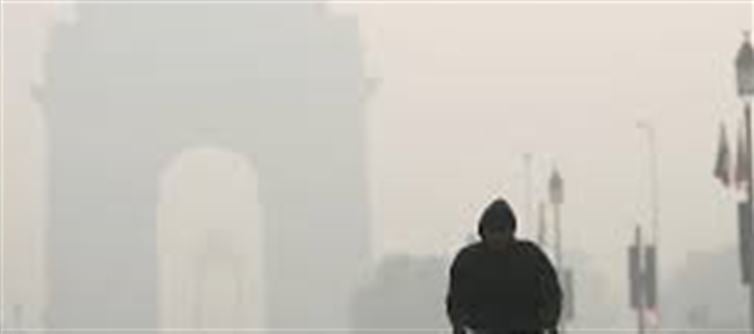
Air pollution is becoming more than just a public health concern—it’s now affecting health insurance premiums. Residents of highly polluted cities like New Delhi may soon face higher costs for their policies, thanks to an emerging trend in the insurance sector.
1. Case in Point: Arun Mehta
· Who: Arun Mehta, 34, sales manager in New Delhi.
· Situation: When renewing his individual health insurance policy, he was presented with an ‘AQI load’, a surcharge of 12% on his premium.
· Reasoning: Insurance providers justified this increase by pointing to New Delhi’s persistently hazardous air quality, which raises the likelihood of respiratory and cardiovascular illnesses.
2. What is an AQI Load?
· AQI stands for Air Quality Index, a measure of air pollution levels.
· Insurers are now factoring environmental risks into premiums.
· Residents of areas with high PM2.5 and PM10 concentrations may pay more, while those in cleaner regions could see lower premiums.
3. Why Insurers Are Doing This
· Rising health Costs: Pollution-related diseases like asthma, chronic bronchitis, and heart issues are increasing claims.
· Risk Assessment: Insurance companies are increasingly using environmental data to calculate policy risk and pricing.
· Preventive Incentive: Some policies might eventually offer discounts for air purifiers, masks, or healthy lifestyle choices to offset pollution risks.
4. Implications for Policyholders
· people living in polluted urban centers may need to budget for higher premiums.
· Awareness of AQI and health risks is becoming crucial when choosing insurance policies.
· Some insurers may offer coverage add-ons specifically for pollution-related illnesses.
5. The Bigger Picture
· This move reflects a global trend where insurers are factoring environmental hazards into financial planning.
· It could pressure governments and citizens to address pollution more seriously if insurance costs become a visible consequence of poor air quality.
⚡ Takeaway
Health insurance is no longer just about age, lifestyle, or medical history—air pollution may soon directly impact your premiums. Residents of cities with poor air quality may have to pay more unless steps are taken to reduce exposure or policy adjustments are made.
Disclaimer:
The views and opinions expressed in this article are those of the author and do not necessarily reflect the official policy or position of any agency, organization, employer, or company. All information provided is for general informational purposes only. While every effort has been made to ensure accuracy, we make no representations or warranties of any kind, express or implied, about the completeness, reliability, or suitability of the information contained herein. Readers are advised to verify facts and seek professional advice where necessary. Any reliance placed on such information is strictly at the reader’s own risk.




 click and follow Indiaherald WhatsApp channel
click and follow Indiaherald WhatsApp channel